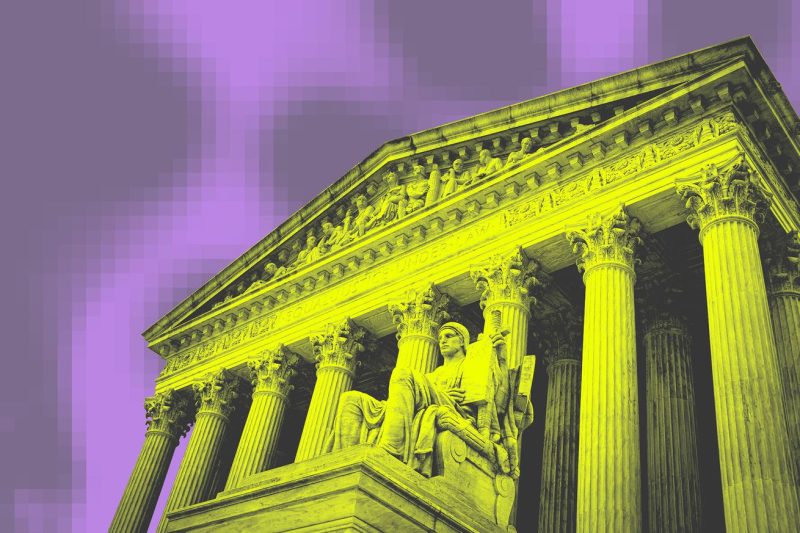In the digital age where access to high-speed internet is more of a necessity than a luxury, the fate of America’s low-income broadband fund hangs in the balance. This crucial issue is now in the hands of the Supreme Court, where the justices will decide on the future of a program designed to bridge the digital divide for disadvantaged communities across the nation.
At the core of this debate is the question of whether the federal government has the authority to extend subsidies to households struggling to afford broadband services. The case presents a clash between those advocating for greater accessibility to essential internet services and those concerned with the potential overreach of governmental powers.
Proponents of the low-income broadband fund argue that access to reliable high-speed internet is indispensable in today’s society. From remote work and online education to telehealth services and e-commerce, the internet has become an integral part of daily life. For low-income households, the inability to afford broadband services can further exacerbate existing disparities, hindering opportunities for economic and educational advancement.
On the other side of the argument are those who raise concerns about the constitutional limits of federal authority. They argue that extending subsidies for broadband services to low-income households could set a precedent for governmental intervention in the private sector, potentially leading to unintended consequences and distorting market dynamics.
The outcome of this legal battle will have far-reaching implications for millions of Americans living on the margins of society. Should the Supreme Court rule in favor of the low-income broadband fund, it could pave the way for greater equity in access to essential services. Conversely, a decision against the program could deepen the digital divide, leaving vulnerable communities further isolated and underserved.
Whatever the Supreme Court’s decision may be, it is clear that the issue of low-income broadband access is a pressing concern that requires thoughtful consideration. As society becomes increasingly reliant on digital technologies, ensuring that all Americans have equal opportunities to participate in the digital economy is not just a matter of convenience but a fundamental issue of social justice and equality.
